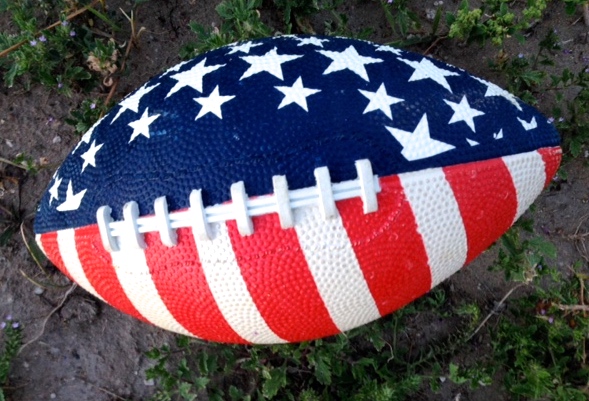
By Karen Given & Shira Springer
Only A Game (11/17/17)
They met in secret. Away from their white coaches and teammates.
“We used to meet at midnight,” former Syracuse football player Dana Harrell says. “And we could have met earlier. But we used to meet at midnight, to lay out our thoughts and plans, just like the slaves.
Harrell was one of nine college football players the international media would — incorrectly — call the “Syracuse 8.”
It was the late 1960s — after the assassination of Martin Luther King Jr., Malcolm X and Bobby Kennedy.
Dana and his black teammates didn’t just see racial injustice. They lived it. And they wanted to do something about it.
The Syracuse 8 held some of their secret meetings on campus. But whenever they were hungry, they went to Ben’s Kitchen.
They were all working-class kids from inner cities. And they talked about their plans over plates of barbecue chicken, collard greens and cornbread — among the prostitutes and hustlers and the nightly craps game.
“For the people of color in the city, that was the place, that was the joint,” says Abdullah Alif Muhammad, Dana’s teammate, who back then was known as Al Newton. “When all the other places closed, there’s a place where you would go to get something to eat.”
“And trust me there were no spies or infiltrators there,” Dana says.
Plans For A Boycott
At the time, Syracuse was a nationally prominent football program.
Dana and his teammates had inherited the proud legacy of Jim Brown, one of the greatest football players of all time, and Ernie Davis, who became the first African-American to win the Heisman Trophy in 1961.
“It’s dehumanizing. My talents, my own personal desires and wishes and goals and dreams, take a back seat to this thing called race or racism.” – Greg Allen
Throughout the 1960s, Syracuse rode a wave of success, appearing in bowl games and filling the rosters of NFL teams.
But the Syracuse 8 were considering something that would put their NFL careers in jeopardy: a boycott.
And let’s be clear about this: They all wanted to play. None of them had signed their letters of intent to Syracuse expecting to sit out.
But there was a lot about their Syracuse experience they didn’t anticipate.
The Realities Of Being A Black Football Player At Syracuse
It was a short ride from the airport to the university, but that’s all it took to educate running back Greg Allen about the realities of being a black football player at Syracuse.
Greg was driven to campus by the coach who recruited him.
“We get in the car and we begin, you know, the small talk. You know, ‘Greg, Gee, I’m glad you’re here,'” he recalls. “‘We want you to have a good time while you’re at Syracuse. We want you to get a good education. We want you to grow. We want you to have a great career as a football player. But the one thing we’re gonna ask you to do is not date any white girls while you’re here.’
“It was a little bit of a shock for me, because I knew that I had traveled north of the Mason-Dixon Line not below it.”
And there was more.
Alif was a proud alum of Rindge Technical School with a near perfect math SAT score. He wanted to be an engineer, but …
“They wouldn’t allow me to take a calculus course, a math course, because it was during football practice,” he says. “And the only option was to take the calculus honors class. And the assumption was, ‘You’re a football player, what are you doing over here?’ And I felt, kind of, insulted. And it was, kind of, like, you know, they wanted me to take general reading classes and general education classes. And it was, like, ‘Wait a minute — no, no, no, no, no, no. I didn’t come here for that.'” …
Read the Rest and 16-Minute Audio, Transcript and 30-Second Video
(Commoner Call photo by Mark L. Taylor, 2017. Open source and free to use with link to www.thecommonercall.org )
